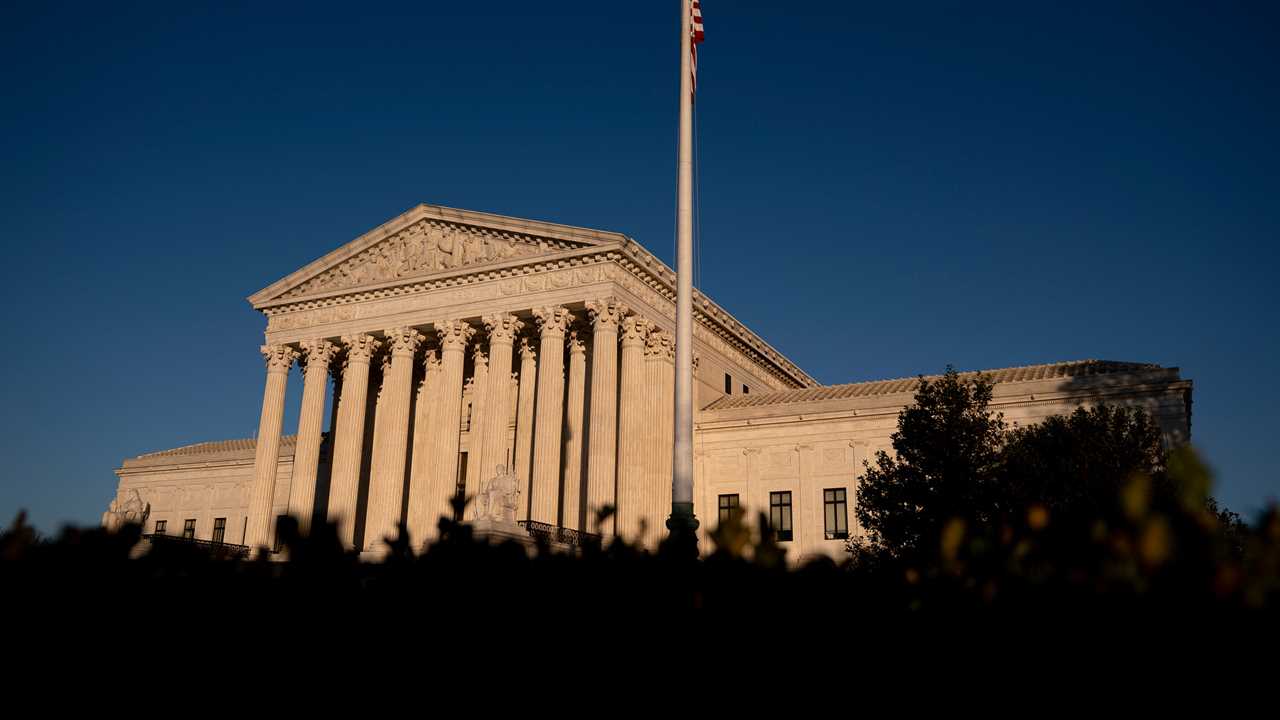
The state of Texas filed an audacious lawsuit in the Supreme Court on Tuesday against four other states, asking the justices to extend the Dec. 14 deadline for certification of presidential electors.
The suit, filed by the state’s attorney general, Ken Paxton, said Georgia, Michigan, Pennsylvania and Wisconsin had engaged in election irregularities that require investigation, and it asked the court to “enjoin the use of unlawful election results without review and ratification by the defendant states’ legislatures.”
Legal experts called the suit outlandish, and it comes at a time when Mr. Paxton is battling a scandal in his own state over whistle-blower allegations that he engaged in bribery and other wrongdoing to illegally help a wealthy Austin real estate developer and political donor.
“It looks like we have a new leader in the ‘craziest lawsuit filed to purportedly challenge the election’ category,” Stephen I. Vladeck, a law professor at the University of Texas, wrote on Twitter.
The Constitution gives the Supreme Court “original jurisdiction” to hear disputes “in which a state shall be party.” In such cases, the Supreme Court acts much like a trial court, appointing a special master to hear evidence and issue recommendations. Though the Constitution seems to require the court to hear cases brought by states, the court has ruled that it has discretion to turn them down and often does.
When the court does exercise its original jurisdiction, it is usually to adjudicate disputes between two states over issues like water rights. In 2016, the justices turned down a request from Nebraska and Oklahoma to file a challenge to Colorado’s legalization of recreational marijuana. The states said the Colorado law had spillover effects, taxing neighboring states’ criminal justice systems and hurting the health of their residents.
Texas asked the justices to put its case on an exceptionally fast track, but the court has acted with measured deliberation in considering similar requests and may defer consideration of whether to hear the suit until it can have no practical impact. Indeed, the Dec. 8 safe harbor deadline, which largely insulates states that have certified their election results from legal challenges, is about to pass.
In a blog post, Richard L. Hasen, a law professor at the University of California, Irvine, called the Texas filing a “press release masquerading as a lawsuit.”
He listed what he said were its shortcomings: “Texas doesn’t have standing to raise these claims as it has no say over how other states choose electors; it could raise these issues in other cases and does not need to go straight to the Supreme Court; it waited too late to sue; the remedy Texas suggests of disenfranchising tens of millions of voters after the fact is unconstitutional; there’s no reason to believe the voting conducted in any of the states was done unconstitutionally; it’s too late for the Supreme Court to grant a remedy even if the claims were meritorious (they are not).”
The office of Attorney General Chris Carr of Georgia, a Republican, pushed back against Mr. Paxton’s lawsuit with the Supreme Court. In a prepared statement on Tuesday, Katie Byrd, a spokeswoman for Mr. Carr, said that Mr. Paxton was “constitutionally, legally and factually wrong about Georgia.”
But the Republican caucus in the Georgia State Senate appeared to approve of the filing. In a news release Tuesday, the Republican state senators argued that calling a special session to overturn Mr. Biden’s election — as Mr. Trump has demanded —was legally and practically impossible. “However,” they said, “an avenue to move this matter even quicker than special session now exists and is pending before the United States Supreme Court.”
David Montgomery and Richard Fausset contributed reporting.
Did you miss our previous article...
https://trendinginthenews.com/usa-politics/two-presidents-two-messages-one-killer-virus






